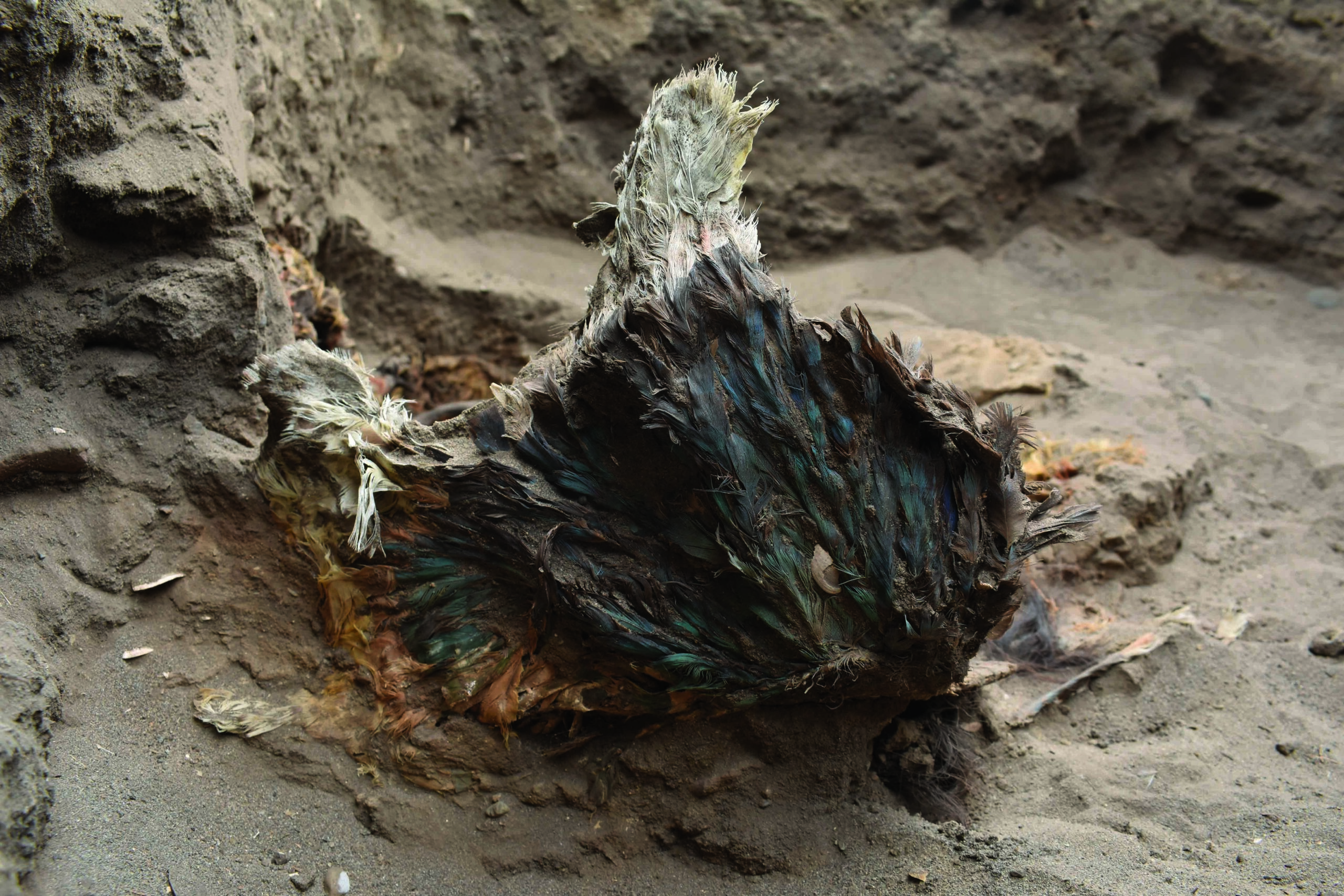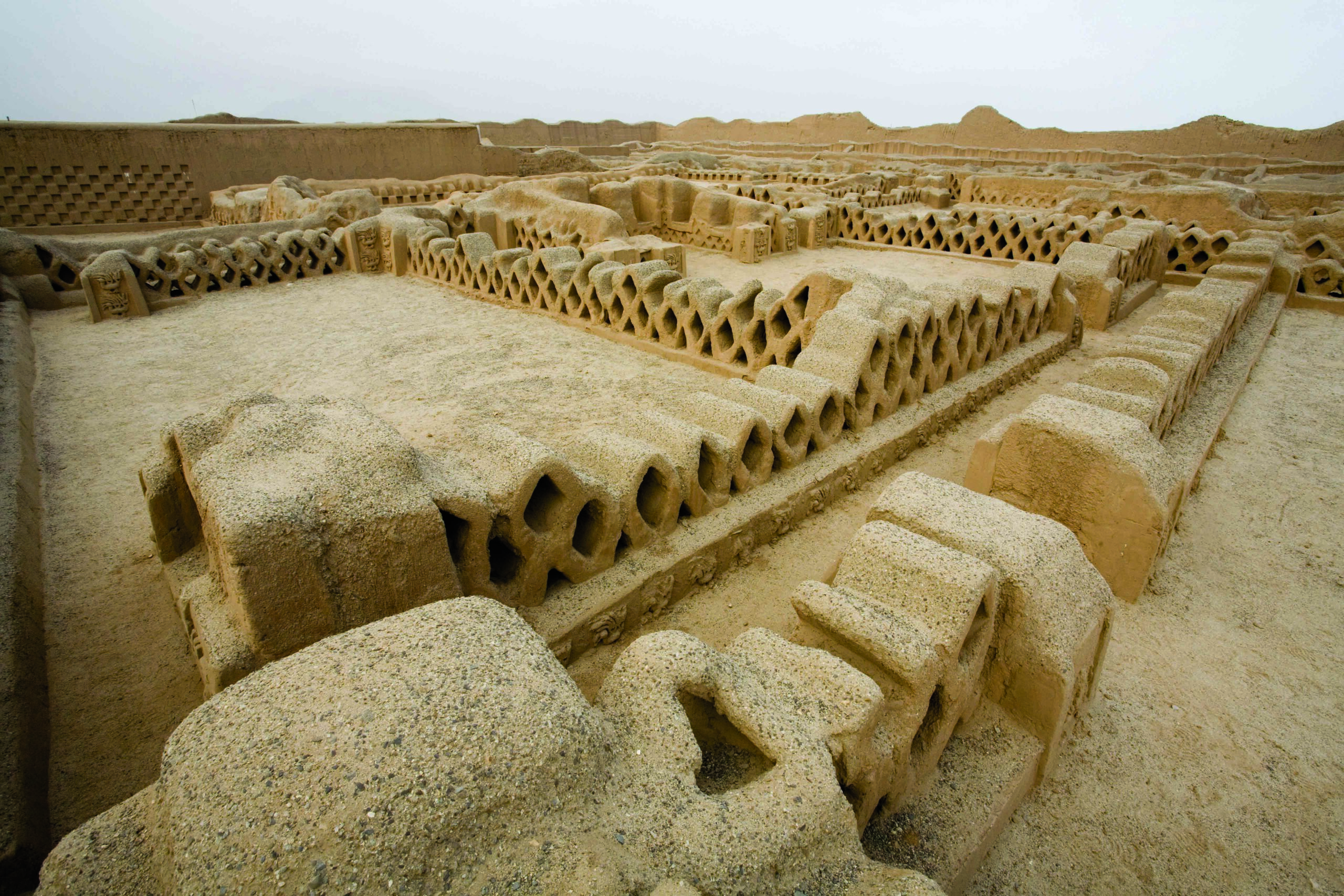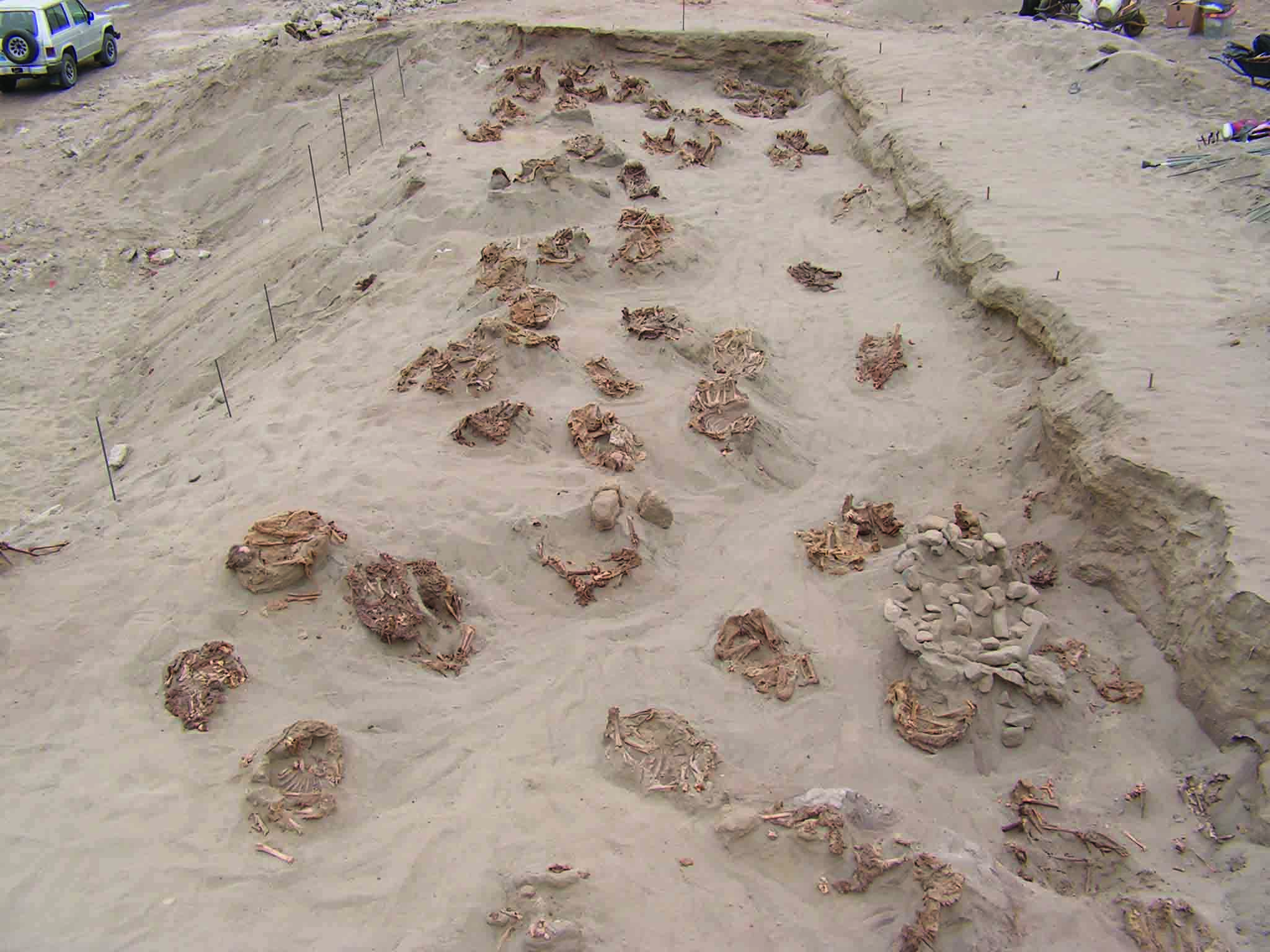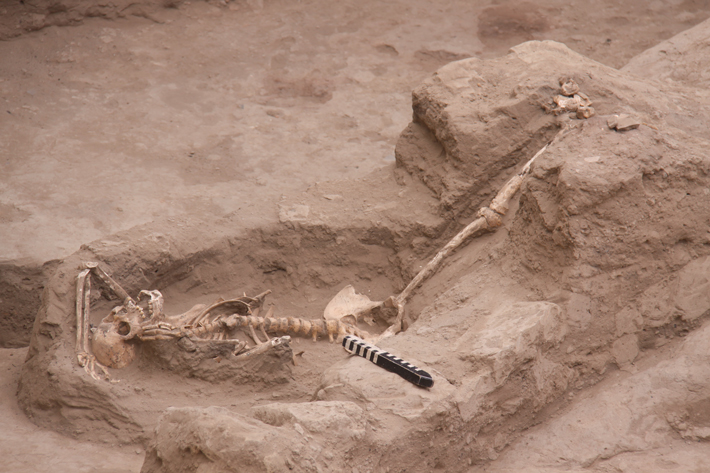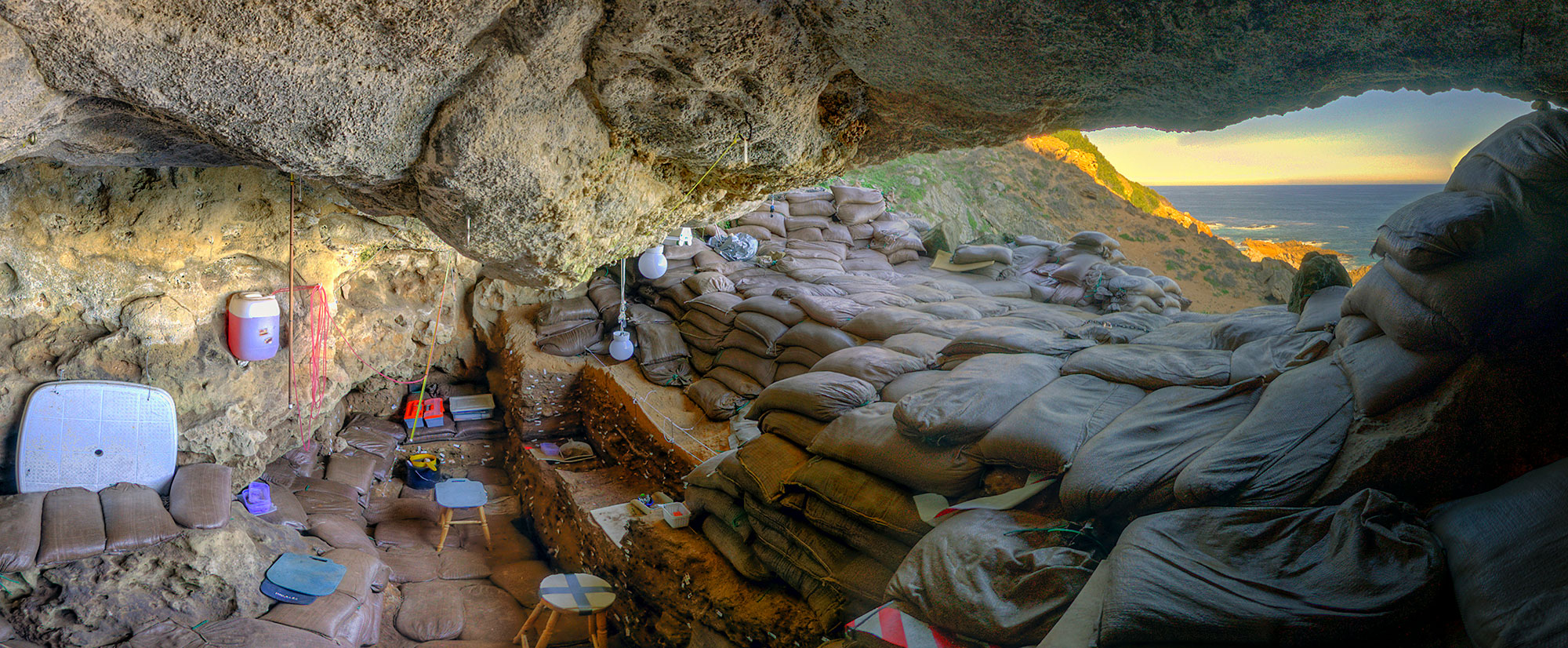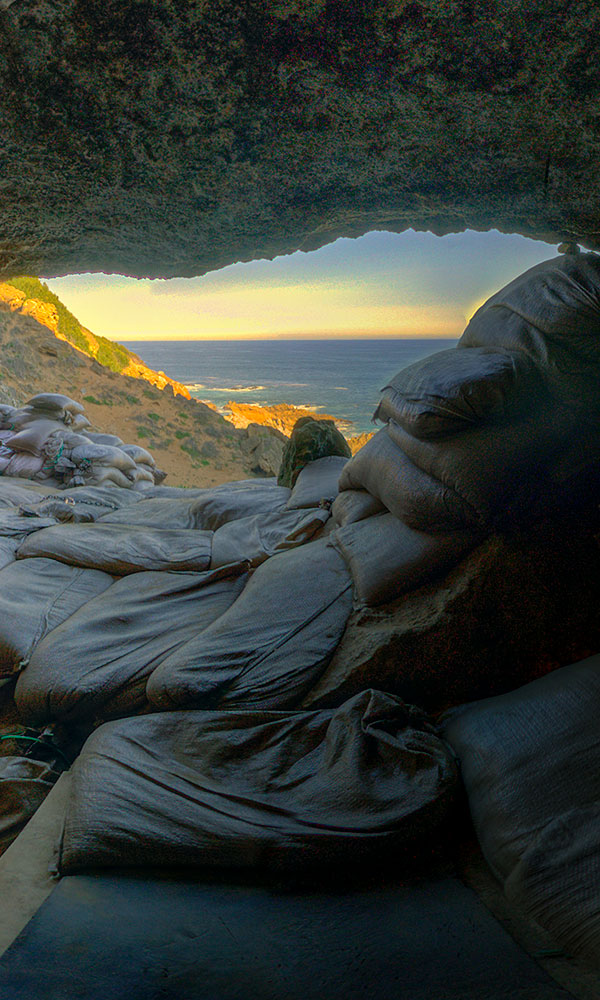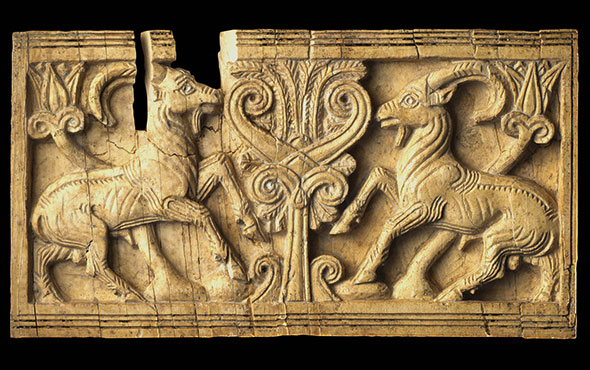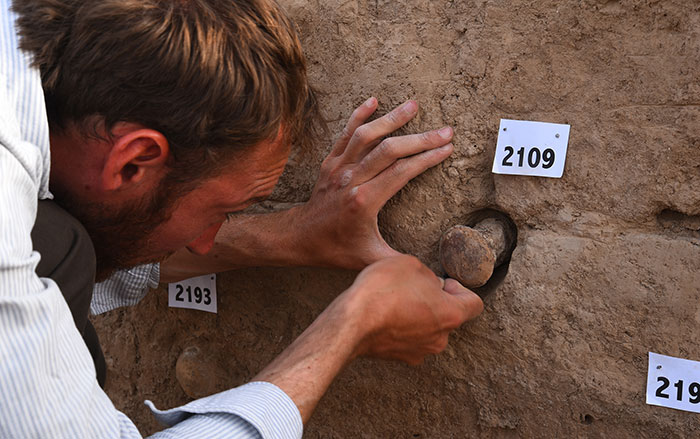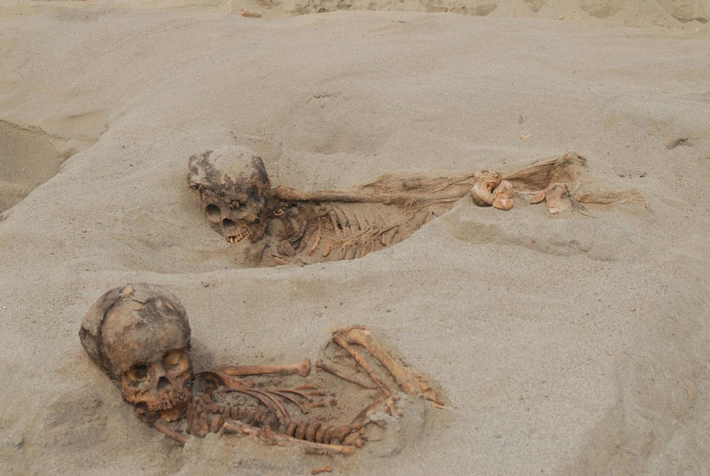
NEW ORLEANS, LOUISIANA—Live Science reports that a team of researchers including John Verano of Tulane University and Gabriel Prieto of the National University of Trujillo have examined the remains of 140 children and 200 young llamas who were sacrificed by Peru’s Chimú culture some 550 years ago. “It’s the largest child sacrifice event in the archaeological record anywhere in the world,” Verano said. “And it’s the largest sacrifice with llamas in South America.” Marks on the breastbones and displaced ribs suggest the chests of some of the victims were cut open, perhaps to remove their hearts. The Chimú farmed lands along Peru’s usually arid coastline, and used canals to provide water for their crops and livestock. At the burial site, however, human and animal footprints have been found in what was at the time of the sacrifice a layer of mud. The researchers think torrential rains brought on by El Niño conditions may have flooded the region, prompting the sacrifice as a means of asking the gods for relief. Verano said an examination of the children’s carefully arranged remains indicates most of them were in good health at the time of death, and that they ranged in age from five to 14 years old. Not all of the children, however, were locals. Some, who also had shaped heads, came from other parts of the Chimú state, according to analysis of carbon and nitrogen isotopes in their remains. The bodies of all of the children were wrapped in cotton shrouds, and many were buried in groups of three, arranged from youngest to oldest. Some of the older children wore cotton headdresses, and others had red cinnabar on their faces. The llamas were placed next to the children, or on top of their bodies. To read about another example of human sacrifice in Peru, go to “Women in a Temple of Death.”


